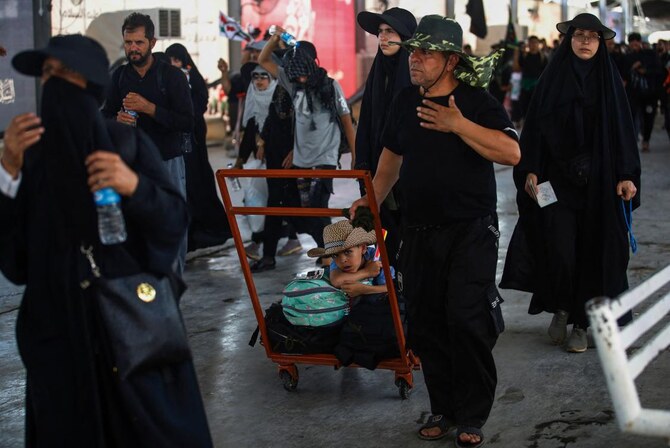Tragic Bus Accident in Iran Claims Lives of 28 Pakistani Pilgrims
2 min read

A tragic bus accident in Iran has resulted in the deaths of at least 28 Pakistani pilgrims. The incident occurred on Tuesday night in the central Iranian province of Yazd. According to Iranian state media, the crash was caused by a malfunctioning braking system, as revealed by a preliminary police investigation reported by Reuters.
In addition to the fatalities, 23 passengers sustained injuries, with seven in critical condition, as stated by the crisis management director of Yazd province on state television. The pilgrims were en route to Karbala, Iraq, to observe one of the most significant events in the Shia Muslim calendar, known as Arbaeen. This pilgrimage marks the conclusion of a 40-day mourning period for Imam Hussein, the grandson of the Prophet Mohammed.
The bus, which was carrying approximately 53 people, including individuals from Larkana, Ghotki, and other cities in Sindh, was reported to have caught fire at the Dehshir-Taft checkpoint. This checkpoint is situated roughly 681 kilometers (423 miles) south of Tehran, the Iranian capital. Local media coverage revealed that the bus fire significantly contributed to the severity of the incident.
Among those who perished in the crash were 11 women and 17 men, as confirmed by the crisis management director. The devastating accident underscores the ongoing issues with traffic safety in Iran, a country with a notorious record for road safety. Annually, Iran experiences around 20,000 fatalities due to road accidents.
The pilgrimage to Karbala, known for its profound religious significance, attracts millions of Shia Muslims each year. This tragic event has cast a somber shadow over the observance of Arbaeen, which is one of the largest religious gatherings globally.
Iranian authorities are continuing to investigate the circumstances surrounding the crash, focusing on the mechanical failure of the bus that led to this catastrophic outcome. The incident has drawn attention to the need for enhanced safety measures and better maintenance practices for transportation used by pilgrims and other travelers in the region.